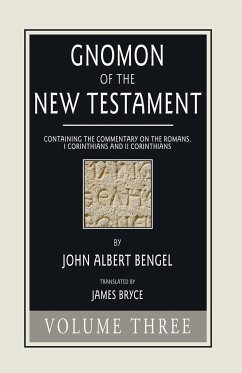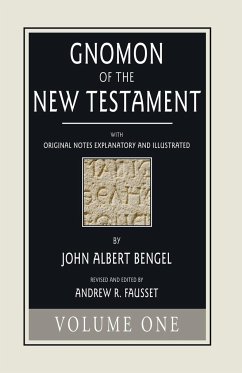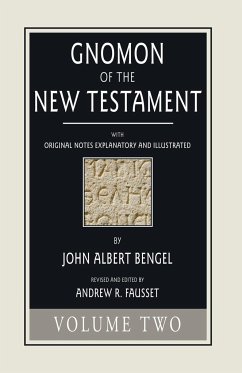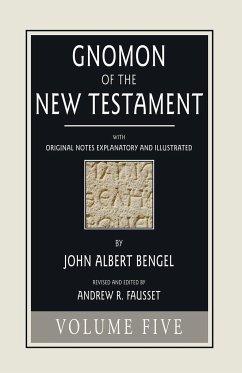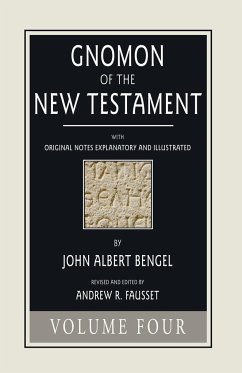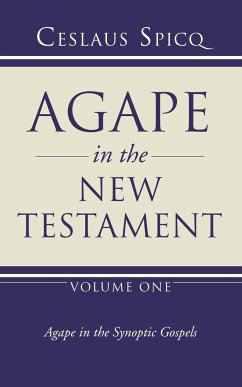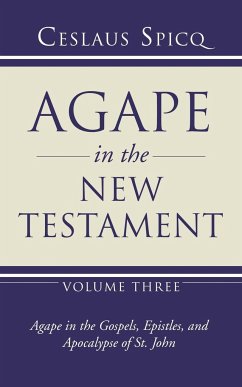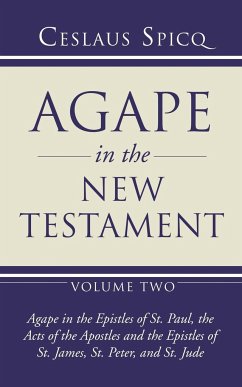Bengel's work on the New Testament is a valuable resource for modern students of the Scriptures. In 1734, he published a carefully prepared Greek text of the New Testament with an ""Apparatus criticus,"" which formed the point of departure for modern New Testament textual criticism. His famous canon was: ""The more difficult reading is to be preferred."" This critical work was followed by an exegetical one, Gnomon Novi Testamenti (Tubingen, 1742). As a brief and suggestive commentary on the New Testament, the Gnomon is still of considerable use today. Bengel's chief principle of interpretation, briefly stated, is to read nothing into the Scriptures, but to draw everything from them, and suffer nothing to remain hidden that is really in them. His Gnomon exerted considerable influence on exegesis in Germany, and John Wesley translated most of its notes and incorporated them into his Annotatory Notes upon the New Testament (London, 1755). A. Hauck, Schaff-Herzog Encyclopedia of Religious Knowledge. This volume is 3 of a 5 volume set. Each volume is sold separately.
Hinweis: Dieser Artikel kann nur an eine deutsche Lieferadresse ausgeliefert werden.
Hinweis: Dieser Artikel kann nur an eine deutsche Lieferadresse ausgeliefert werden.

